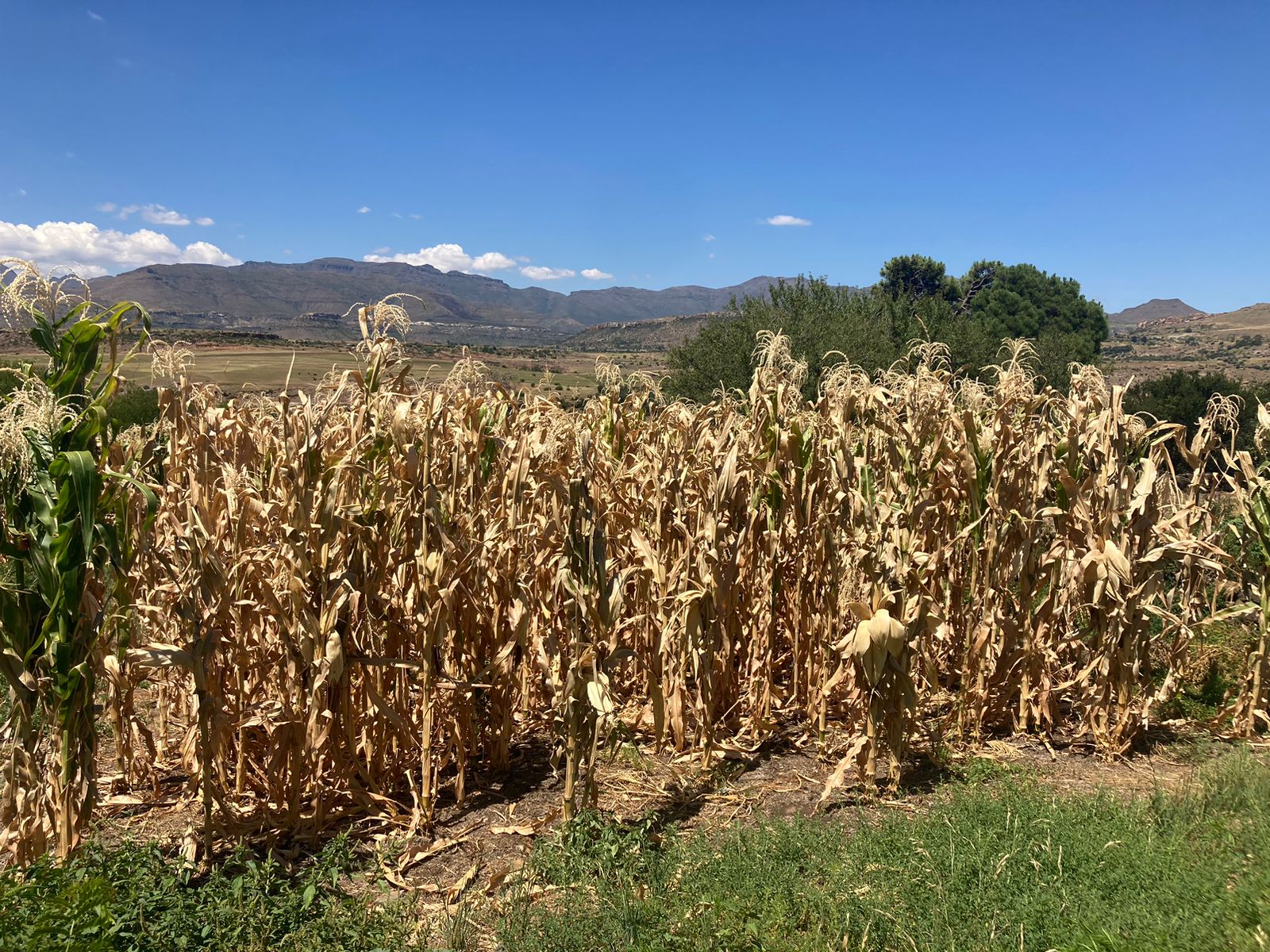Kabelo Masoabi
The Leribe District Administration (DA) office is grappling with a persistent and troubling influx of deportees, receiving over 100 Basotho deported from South Africa each month.
This alarming figure underscores the growing challenge faced by local authorities as they struggle to manage the humanitarian and logistical needs of these individuals.
Senior Information Officer in the Leribe DA’s office, Rasebilo Maqelepo, told Newsday this week that the situation is putting immense pressure on the office’s resources.
“We provide food and transportation to ensure deportees are taken care of until they can reach their destinations,” Maqelepo said.
“However, this has created a significant financial burden on the office, and we risk running out of funds before the next allocation is received.”
Since October this year, according to Maqelepo, the office has recorded an average intake of more than 100 deportees monthly, a figure that highlights the urgent need for comprehensive support measures from government ministries and non-governmental organisations.
Maqelepo emphasised that the office’s limited resources are being stretched to their limits, particularly as the festive season approaches, when numbers are expected to rise further.
He indicated that the majority of deportees originate from southern districts, including Maseru, Mafeteng, Mohale’s Hoek, Quthing, and Qacha’s Nek.
He further said that despite an agreement between Lesotho and South Africa’s cross-border crime prevention units to repatriate deportees directly to their home districts, most are dropped at the Butha-Buthe border, creating further logistical challenges for local authorities.
“If a person from Lesotho goes missing between Lindela, the notorious immigration detention center in Gauteng, and Lesotho, it may remain unknown,” Maqelepo noted, citing a lack of communication from South African authorities.
This disconnect exacerbates the difficulties in ensuring safe and efficient repatriation.
One deportee, ‘Malenka Moremoli, recounted her traumatic experience as an undocumented migrant in South Africa. Moremoli left Lesotho in January 2023 in search of work to support her family, only to face unimaginable hardships.
Like many Basotho, Moremoli sought employment in the neighbouring country, albeit without the necessary documentation. Her journey was motivated by desperation, as her hope for a better life outweighed the risks.
Upon her arrival, she found shelter at a friend’s makeshift home in Boitekong township in Rustenburg.
Yet, despite her initial optimism, the job market proved dishearteningly bleak. Days turned into weeks, and the gnawing grip of hunger began to take its toll.
In a moment of desperation, her friend made a troubling suggestion: she urged Moremoli to do whatever it took to survive, including engaging in transactional sex. This proposition shook her to the core, and she refused, resolutely thinking: “I will never do that because my body is the temple of God.”
As the tension between her and her friend escalated, Moremoli made the difficult decision to leave. She hoped to reach a relative living in another part of the township who could assist her with taxi fare back home to her husband and children.
However, on her way, she encountered a police stop-and-search operation. Not having a passport on her, she was immediately categorised as an illegal migrant and taken into custody.
During her detention at Lindela, Moremoli said she endured a harrowing experience marked by physical and emotional suffering. She grappled with several health issues, including flu, tonsillitis, and severe sinus pain, yet was consistently denied medical care.
Any attempts to voice her discomfort were met with intimidation; she learned quickly that complaining only made her situation worse.
Moremoli described the living arrangements as horrific, with detainees crammed into cells designed for far fewer people. In one instance, a cell meant for 15 individuals housed nearly 70, compelling many to share beds while others slept on the floor, sometimes in puddles created by leaking toilets.
Access to adequate food and healthcare was virtually nonexistent, leading to further deterioration of detainees’ health.
Compounding the trauma, Moremoli revealed a devastating reality: sexual abuse perpetrated by detention staff was alarmingly common. In exchange for sex, female inmates were promised freedom, which never materialised.
After a month she was amongst hundreds of Basotho deported back to Lesotho. Her freedom was only sealed when she arrived at the District Administration (DA) office in Butha-Buthe, then transferred to the DA in the Leribe district, before she could be connected with her family in Mahobong, Leribe.
“I was stinking, dirty, stressed and sick. The office supplied us with fresh food that I hadn’t had for a long time. I’ll never set my foot in Lindela. It’s hell on earth,” she swore.
The ongoing deportations highlight a deeper socio-economic crisis. Many Basotho migrate to South Africa out of desperation, seeking better opportunities but often without proper documentation, exposing them to exploitation and abuse.
The Leribe DA office has called for increased support and collaboration to address this crisis. “This is not just a local problem,” Maqelepo stressed.
“We need coordinated efforts from all stakeholders to ensure the humane treatment of deportees and to address the root causes driving Basotho to leave in the first place.”
Summary
- Since October this year, according to Maqelepo, the office has recorded an average intake of more than 100 deportees monthly, a figure that highlights the urgent need for comprehensive support measures from government ministries and non-governmental organisations.
- He further said that despite an agreement between Lesotho and South Africa’s cross-border crime prevention units to repatriate deportees directly to their home districts, most are dropped at the Butha-Buthe border, creating further logistical challenges for local authorities.
- She hoped to reach a relative living in another part of the township who could assist her with taxi fare back home to her husband and children.

Your Trusted Source for News and Insights in Lesotho!
At Newsday Media, we are passionate about delivering accurate, timely, and engaging news and multimedia content to our diverse audience. Founded with the vision of revolutionizing the media landscape in Lesotho, we have grown into a leading hybrid media company that blends traditional journalism with innovative digital platforms.








